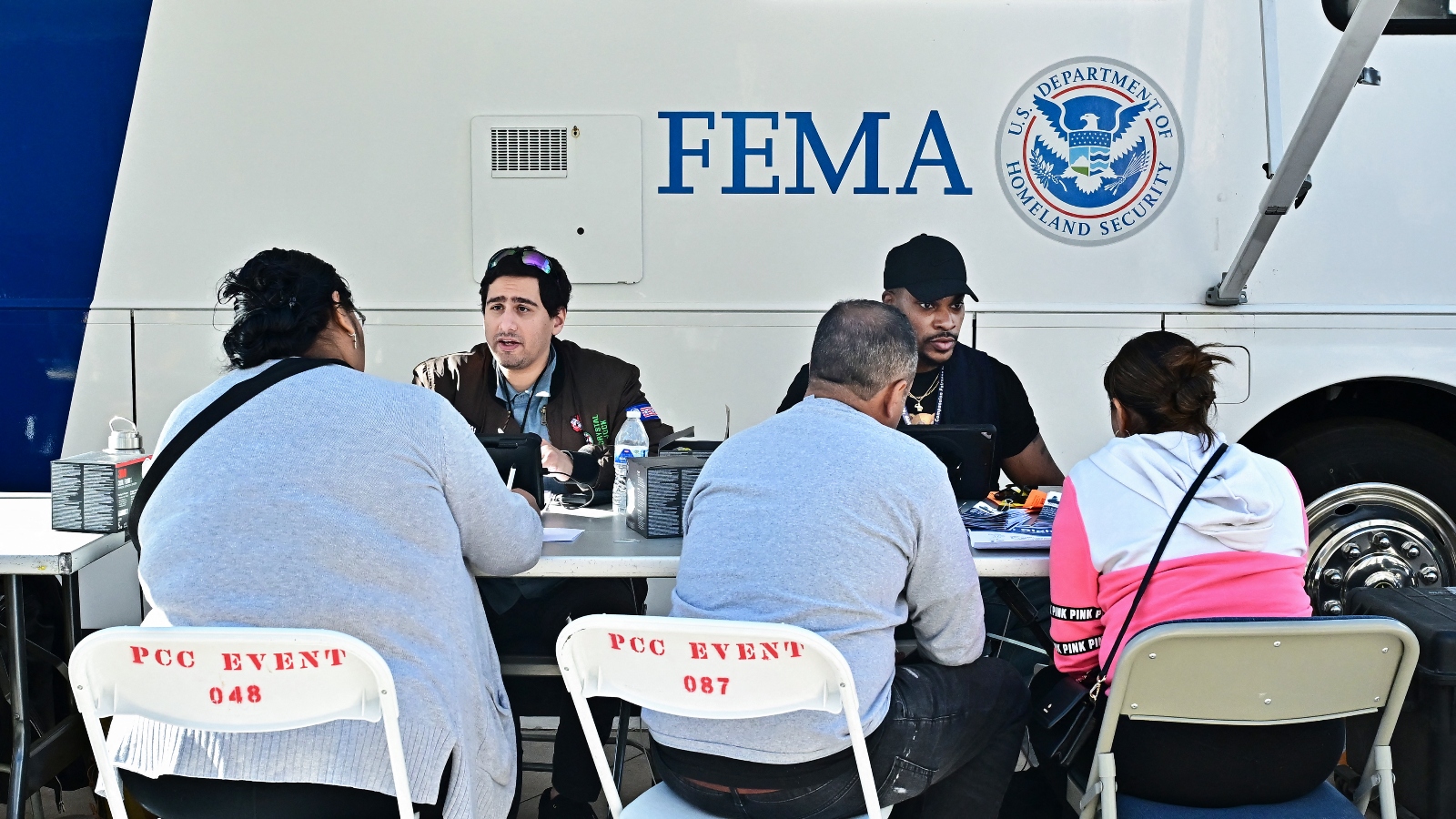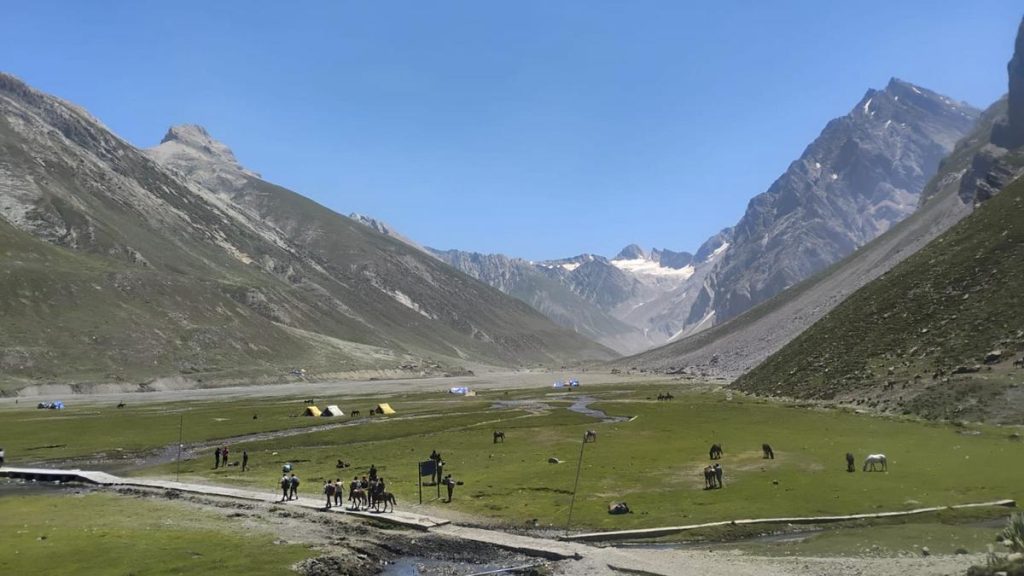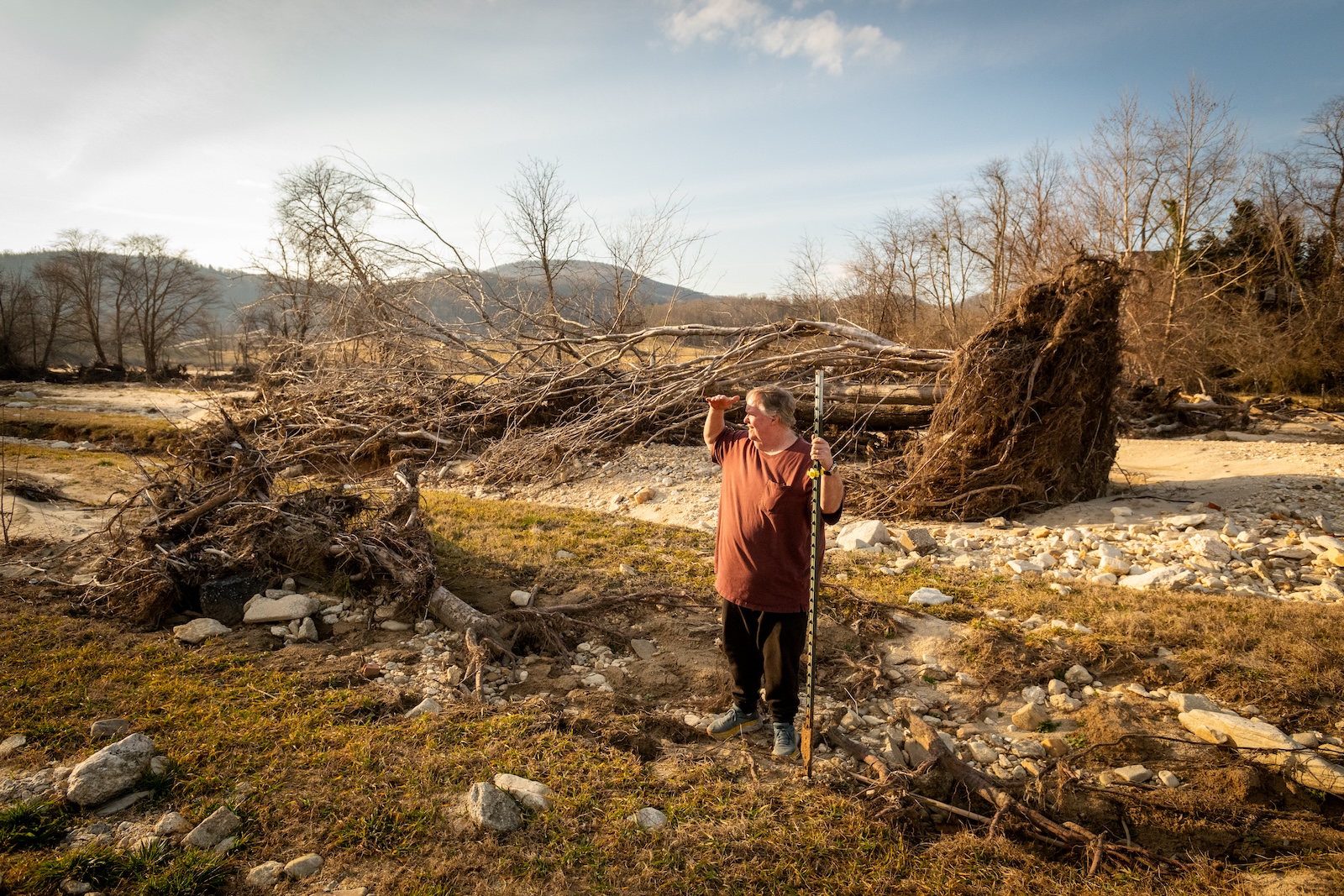Now Reading: Trump Proposes Scaling Back FEMA: Can States Shoulder the Responsibility?
-
01
Trump Proposes Scaling Back FEMA: Can States Shoulder the Responsibility?
Trump Proposes Scaling Back FEMA: Can States Shoulder the Responsibility?

Rapid Summary
- President Trump’s governance is proposing the elimination of FEMA to shift disaster preparedness and resilience responsibilities to state and local governments.
- Kristi Noem, Secretary of Homeland Security, has reportedly discussed winding down FEMA with its interim leader.
- Earlier moves included laying off hundreds of FEMA staff focused on resilience and pushing reforms that reduce federal bureaucracy in disaster response.
- trump signed an executive order directing states to play a larger role in disaster management without elaborating on potential federal financial support.
- Critics argue states may lack funding and expertise for disaster resilience, leaving vulnerable areas at risk. Studies show most disasters are exacerbated by climate change impacts, making proactive planning essential.
Indian Opinion Analysis
The proposed dismantling or scaling back of FEMA has raised concerns among emergency management experts about whether state-level autonomy can adequately address the complexities of disaster preparedness as extreme climate events increase globally due to human-induced warming. While empowering local governments could reduce bureaucratic delays for flood mitigation or infrastructure rebuilding projects, this approach may disadvantage less-resourced rural areas reliant on federal grants for adaptation initiatives like water treatment upgrades or stormwater management systems.
For India, where similar governance challenges exist around natural disasters amid increasing climate-driven risks such as floods and heatwaves, this debate underscores the importance of balancing centralized coordination with localized action plans. The ability to streamline preparedness while ensuring equitable resource allocation remains vital both internationally and domestically as nations aim for sustainable solutions amidst shifting needs rapidly amplified by climate scenarios.Read more: Link


























